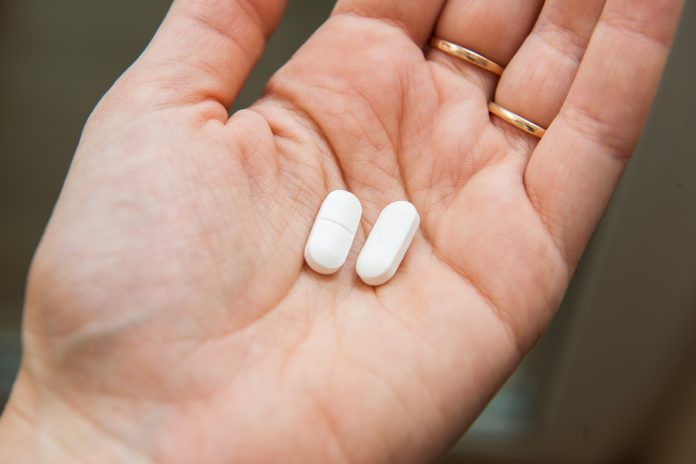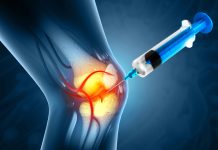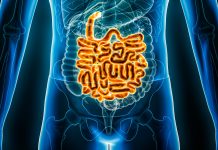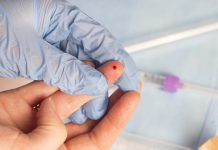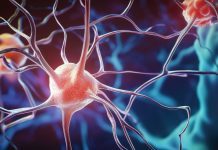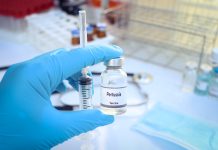A new study has found that a common bacterium can turn everyday plastic waste into paracetamol
Paracetamol is traditionally made from fossil fuels, including crude oil. Thousands of tons of fossil fuels are used annually to power the factories that produce the painkiller, alongside other medicines and chemicals, significantly contributing to climate change.
However, the new method, pioneered by the University of Edinburgh’s Wallace Lab, leaves virtually no carbon emissions and is more sustainable than current production methods.
The research, detailed in Nature Chemistry, was funded by an EPSRC CASE award and biopharmaceutical company AstraZeneca, supported by Edinburgh Innovations (EI), the University’s commercialisation service.
Developing climate-friendly paracetamol
The paracetamol breakthrough addresses the urgent need to recycle a widely used plastic known as polyethene terephthalate (PET), which ultimately ends up in landfills or polluting oceans.
The strong, lightweight plastic is typically used for water bottles and food packaging, creating more than 350 million tons of waste annually and causing severe environmental damage worldwide.
PET recycling is possible, but existing processes create products that continue to contribute to plastic pollution worldwide, according to researchers.
Using genetically reprogrammed E. coli
The scientists used genetically reprogrammed E. coli, a harmless bacterium, to transform a molecule derived from PET known as terephthalic acid into the active ingredient of paracetamol.
The team then employed a fermentation process similar to the one used in brewing beer to accelerate the conversion of industrial PET waste into paracetamol in under 24 hours. This new technique carried out at room temperature, created virtually no carbon emissions, showing that paracetamol can be produced sustainably.
The researchers emphasise that further development is needed before it can be produced at a larger scale. Some 90% of the product made from reacting terephthalic acid with genetically reprogrammed E. coli was paracetamol.
In early-stage testing, the team demonstrated that the process is compatible with mixed plastic waste sources, broadening its potential for large-scale application. If optimised, the method could not only reduce the environmental impact of pharmaceutical production but also help tackle the global plastic waste crisis. The research aligns with international efforts to build a circular economy by turning waste into valuable resources.
Notably, the study also illustrates how biology and chemistry can converge to deliver innovative, scalable alternatives to traditional polluting manufacturing methods. The technology could serve as a blueprint for converting other hard-to-recycle materials into lifesaving medicines.
“This work demonstrates that PET plastic isn’t just waste or a material destined to become more plastic – microorganisms can transform it into valuable new products, including those with potential for treating disease,” commented Professor Stephen Wallace, UKRI Future Leaders Fellow and Chair of Chemical Biotechnology.
Reducing reliance on fossil fuels in medical manufacturing
The University is a world leader in engineered biology and hosts the most comprehensive group of researchers in the country.
The experts say this new approach demonstrates how traditional chemistry can work in conjunction with engineering biology to create living microbial factories capable of producing sustainable chemicals while also reducing waste, greenhouse gas emissions, and reliance on fossil fuels.
“We are bringing in exceptional companies like AstraZeneca to work with Stephen and others at the University to translate these cutting-edge discoveries into world-changing innovations.
Engineering biology offers immense potential to disrupt our reliance on fossil fuels, build a circular economy and create sustainable chemicals and materials. We would invite potential collaborators to get in touch,” added Ian Hatch, Head of Consultancy at EI.

